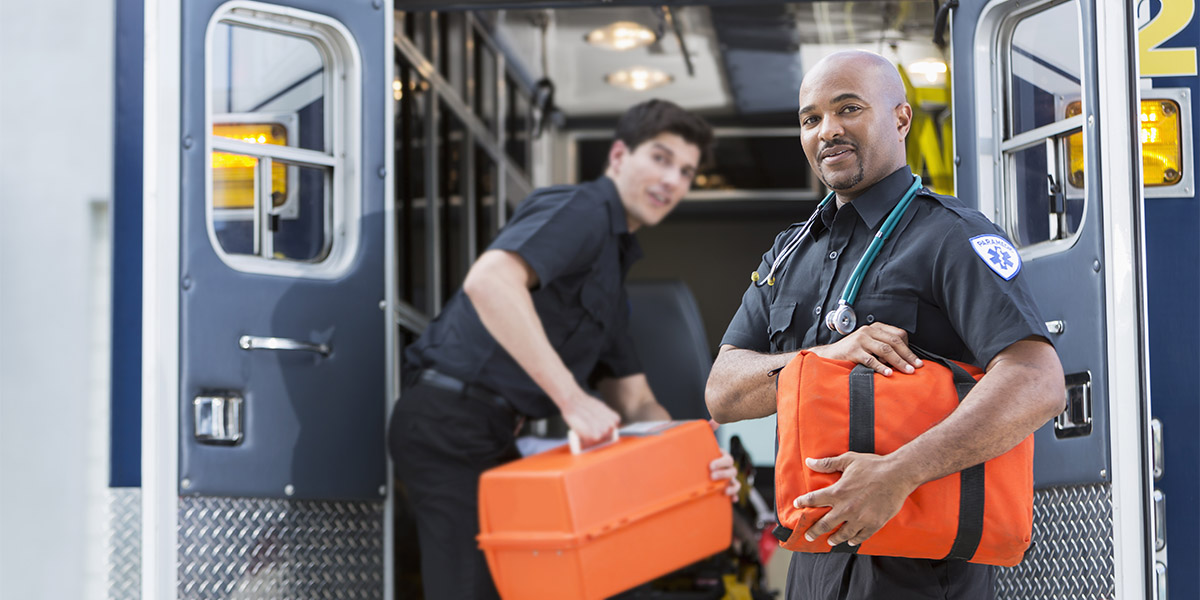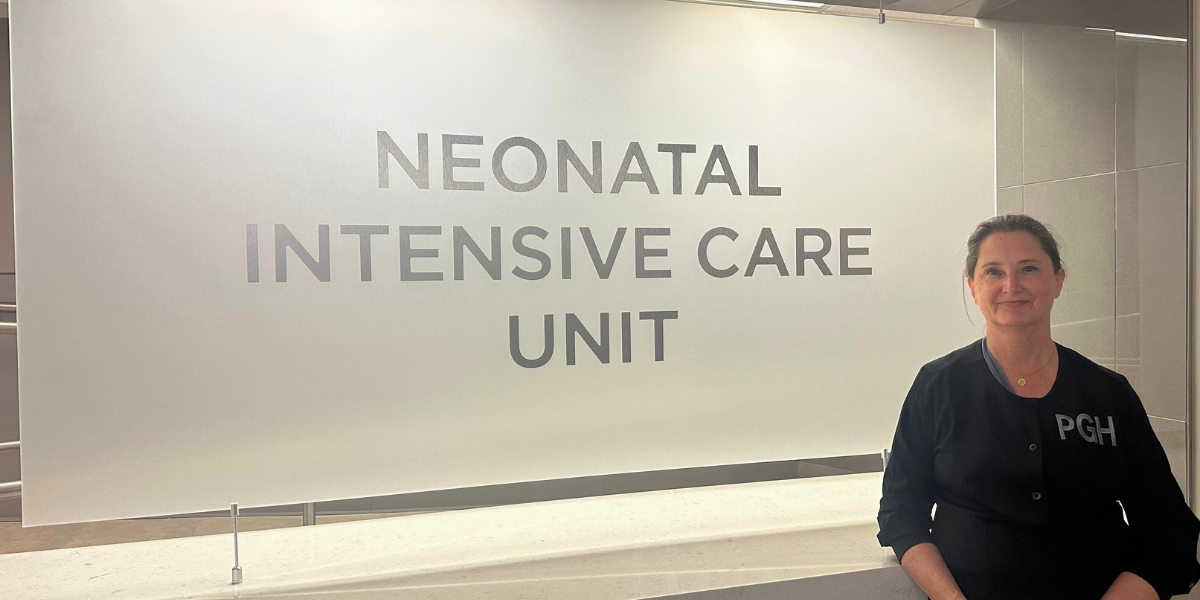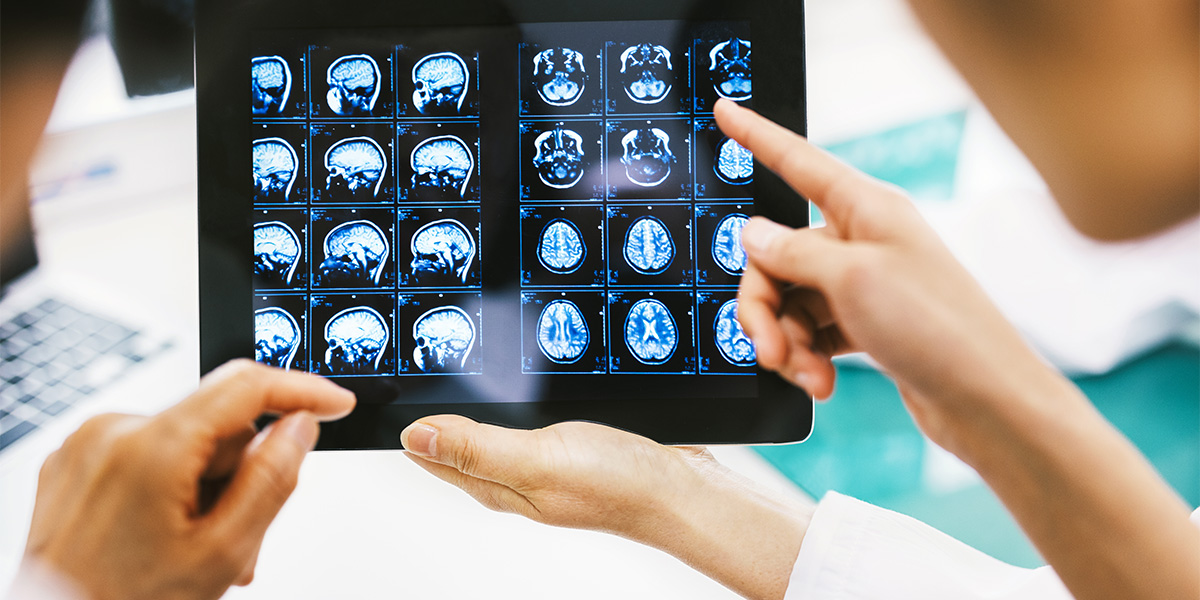
More than just a ride
The signs and symptoms of a heart attack may be stealthy or obvious, like what you may have seen in the movies. But either way, it's important to know what to look for and what to do.
Common signs and symptoms of a heart attack include:
- Chest pain, aching or burning
- Chest pressure, squeezing or tightness
- A feeling of fullness
- Pain that travels down one or both arms
- Jaw pain
- Excessive fatigue
- Anxiety
- Nausea or vomiting
- Back pain
- Shortness of breath
If you experience any of these symptoms, call 9-1-1. The most common sign of a heart attack for both men and women is chest pain or discomfort. But women are more likely than men to experience additional symptoms like shortness of breath, nausea or vomiting, and back or jaw pain.
Chest pain or discomfort usually starts in the middle of the chest and lasts for more than a few minutes; it might go away and come back or start off mild and build slowly. It might be a squeezing, aching or burning pain. It might feel like pressure, tightness or fullness.
These varying sensations and symptoms can be confusing. This uncertainty is the reason most people wait too long to call 9-1-1. They aren't sure if it's a heart attack and decide to “wait and see,” wasting valuable treatment time.
If you are having a heart attack, every minute you wait is a minute your heart muscle is dying. Take care of your heart. If you even suspect a heart attack, call 9-1-1 immediately.
By calling 9-1-1 instead of driving yourself to the hospital, you start receiving treatment as soon as the ambulance arrives. EMS will perform a 12-Lead EKG and administer any medications you may need on the way to the hospital. EMS will also transmit your EKG back to the hospital for review and, if needed, activate specialized medical teams to be on standby for your arrival.
Don't be embarrassed or doubt yourself. If you think you are have a heart attack, call 9-1-1 immediately. 85 percent of damage to the heart occurs within the first two hours of a heart attack. The number one thing you can do to survive a heart attack is to start getting treatment fast.
Learn more about heart health and Spartanburg Medical Center's award-winning heart services here.












